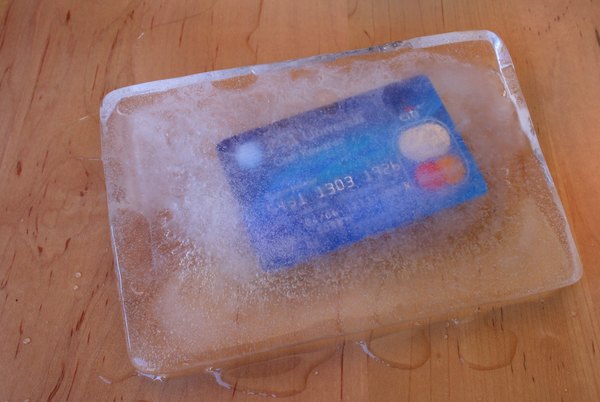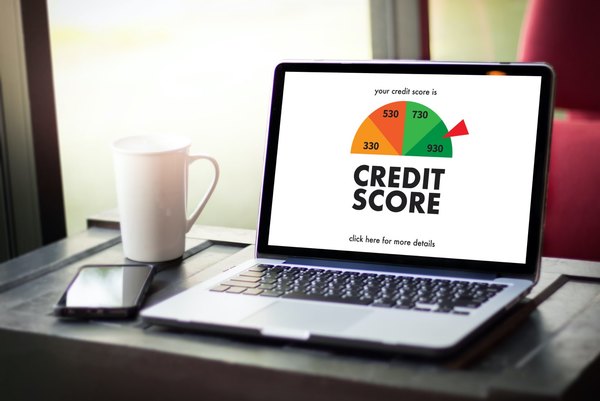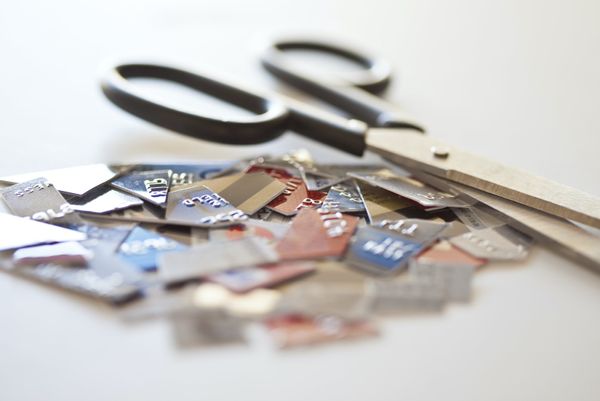Identity fraud incidents in the US rose to over 14.4 million in 2018, with roughly 3 million people incurring financial losses of up to $1.48 billion.
Nearly 15% of the net identity fraud incidents reported to the Federal Trade Commission was that of identity theft.
As a consumer, these figures are nothing but mind-numbing. You never know when you might become a victim of identity theft. Below is a list of preventive measures that you can use to fight against identity theft incidents.
What is identity theft?
Identity theft occurs when a criminal uses your personal information to make unauthorized financial transactions on your behalf, thereby causing financial losses or triggering criminal proceedings against the victim.
Practice safer browsing habits
One of the easiest ways to become a victim of identity theft is unsafe browsing or internet usage. Most of the criminals use phishing techniques, such as sending phishing emails, URLs, or code, for extracting your personal information. When checking your email, make sure that it is from a known sender and do not click on links if you have any doubts whatsoever. Similarly, do not share your financial details on sites lacking 'https://' in the site URL. Make sure to verify the identity of an individual before sharing your social security number or other details.
Do not share your personal information publicly
Social networking sites are a gold mine of data for criminals. People unknowingly share a lot of personal information on these sites. In fact, an open email address on a social networking site is more than enough for a criminal to start collecting relevant data about their victims. Refrain from oversharing on social networks or other websites.
Be vigilant when it comes to your credit reports
Your credit report provides a complete record of your financial activities. If you have been a victim of identity theft, going through your credit reports will help you track any unauthorized financial activity performed under your name. It is important to note that you're entitled to at least one free credit report from each of the three major credit bureaus (Equifax, Experian, TransUnion) annually. You can order these reports at once or schedule one at every four months interval. Be as thorough as you can while verifying the financial transactions.
Pro Tip: The same rule applies to credit card statements. Go through your monthly bill and make sure that you're familiar with all the transactions. It is important to note that four out of ten cases of identity theft are associated with new credit accounts. So, in case of any unknown account activity or identity usage, contact the credit card issuer immediately.
Opt-out of pre-approved credit offers, safeguard your mail
Another common source of personal information is through your mailbox. The criminal might be able to steal your letters and receive your personal data through these documents. Make sure to opt-out of any pre-approved credit offers. It is best to keep an eye out for your mailbox, and if possible, install it close to your front door.
Bonus tips to avoid identity theft
- Freeze your credit if you do not anticipate needing a credit check in the near future
- Never share your financial information over the phone, especially if you answered the phone (instead of initiating the call).
- Use strong passwords and change them frequently. A password manager like 1Password or LastPass can make this much easier.
- Keep an eye out for data breaches, and change passwords on any accounts you have with affected vendors.
- At the first hint of something suspicious, call your credit card issuer or the relevant authority.







